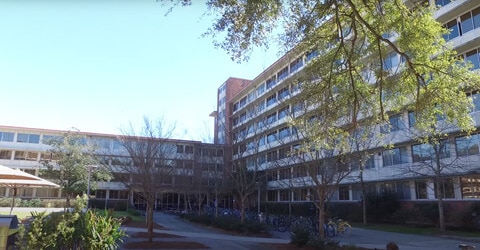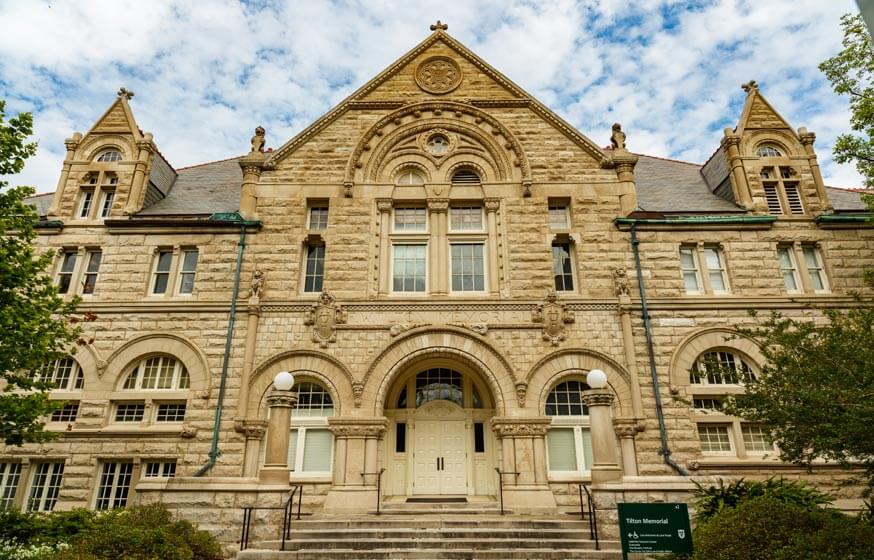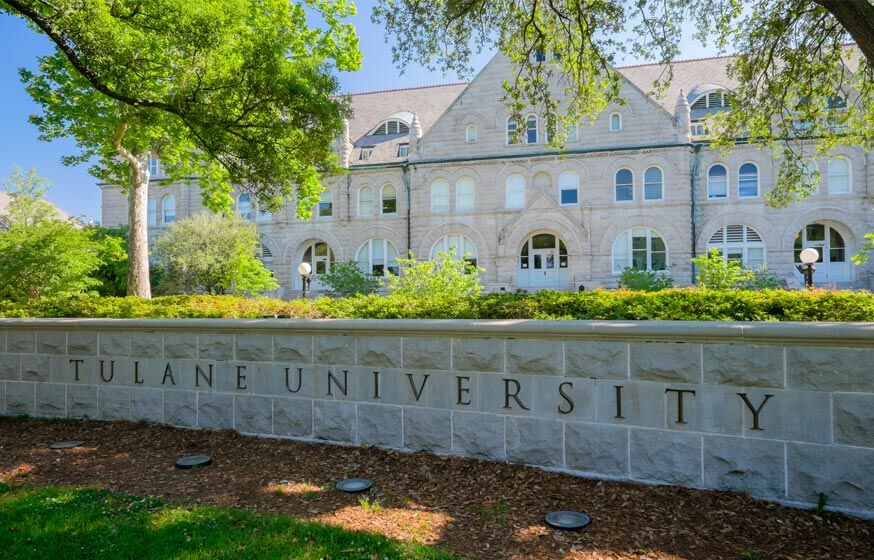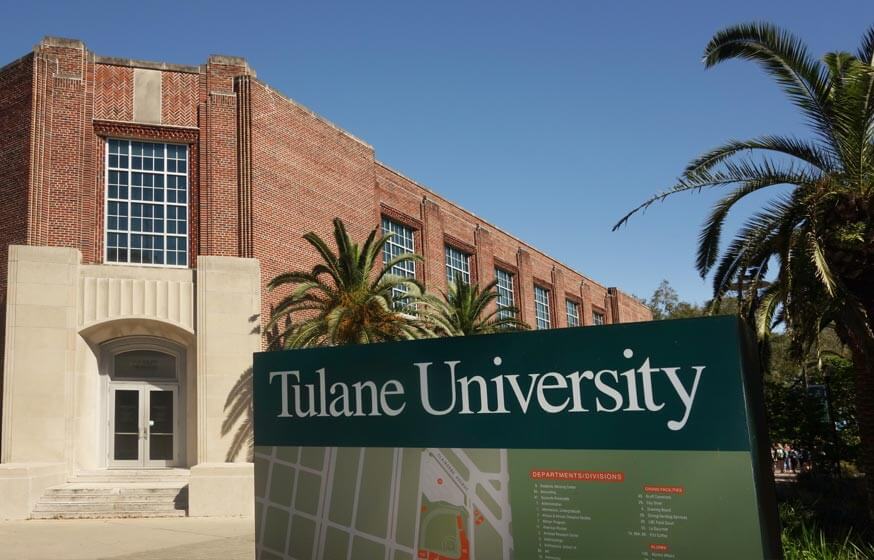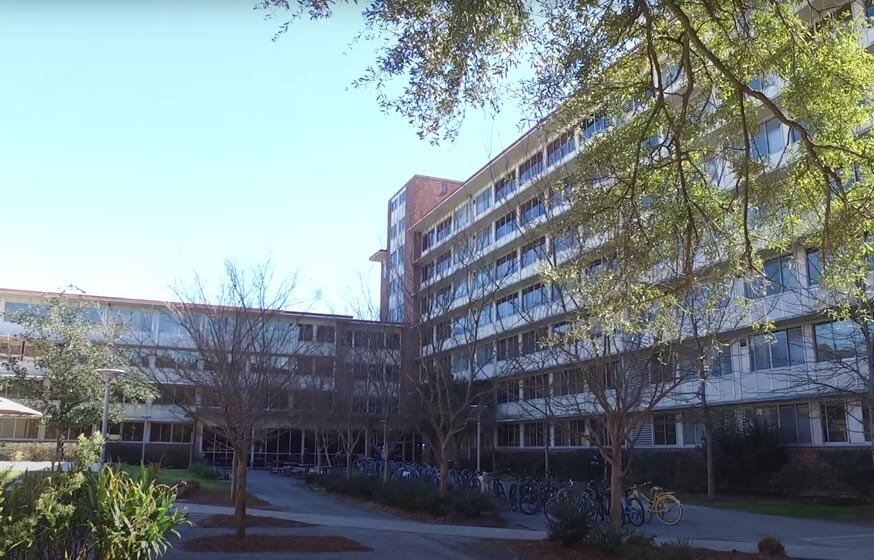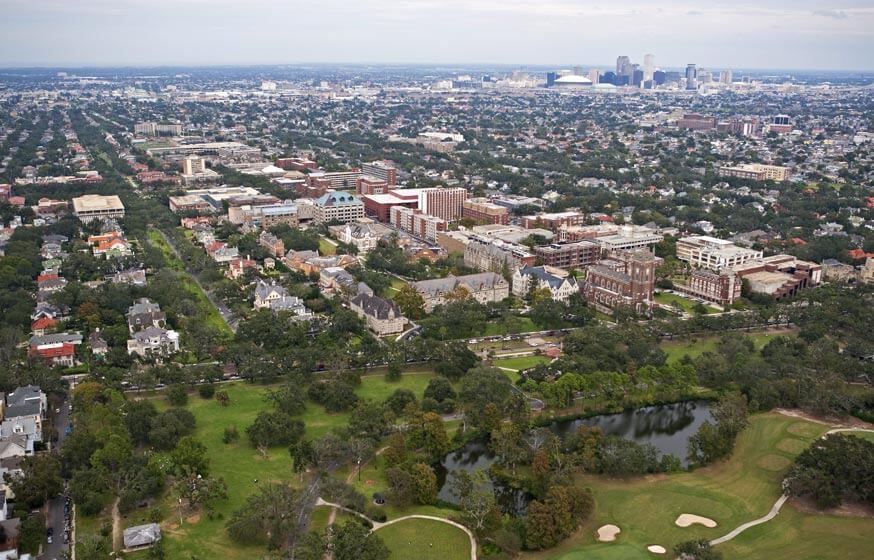Get Matched With Online Colleges
A bustling port city in 1834, New Orleans was importing not only goods but deadly diseases. Smallpox, malaria, and yellow fever ran rampant, prompting the need for more doctors. That's how the Medical College of Louisiana was born.
In 1884 Paul Tulane, a wealthy merchant, donated over $1,000,000 in cash and property toward education. That gift got the college renamed to Tulane University. Today, Tulane University is one of the most highly respected research schools in the country. It’s a member of the exclusive Association of American universities, a prestigious group of 62 research-based universities in North America.
Search All Programs
Overview of Tulane University of Louisiana
The Carnegie Foundation for the Advancement of Teaching has also ranked Tulane University in the top 2% of universities nationwide for its prestigious research activity.
Tulane's Career Services Center is jam-packed with information on job postings from more than 1,500 companies to help students with their career success. For those choosing to continue their education, Tulane has numerous 4+1 Masters programs. Their degree recipients are also above average nationally in regard to their applications to law and medical school. In 2014 a new era was ushered in, focusing on the student experience while deepening research and teaching.
General Information
| School Type | Private not-for-profit |
|---|---|
| Campus Setting | City: Large |
| Campus Housing | Yes |
| Student Faculty Ratio | 8:1 |
| Graduation Rate | 86% |
| Year Founded | 1834 |

Student Enrollment
Total Students12,646
7,920
4,726
Undergraduate Student
Male 3,247
Female 4,673
Graduate Student
Male 1,938
Female 2,788
Explore Map
Top Rankings For Tulane University of Louisiana
Tulane Acceptance Rate and Admissions
APPLICATIONS42,185
ACCEPTANCE5,484
Acceptance Rate13%
Enrollment 1,865
| Admissions | |
|---|---|
| Application Fee | NA |
| High School GPA | Required |
| High School Rank | Recommended |
| High School Transcripts | Required |
| College Prep Courses | Recommended |
| Recommendations | Required |
| Formal demonstration of competencies | Recommended |
| SAT/ACT | Required |
| TOEFL (Test of English as a Foreign Language) | Required |
| Application Deadline | January 15 |
| Common Application Accepted | Yes |
Tulane Tuition Cost & Financial Aid
The tuition cost for college is probably the biggest concern for most hopeful students. However, many do not realize that the listed price for classes is a bit deceiving. Out-of-pocket costs can be considerably decreased by taking advantage of the numerous financial aid options available like scholarships, work-study programs, grants, and loans. The government offers billions of dollars in various aid options for students to attend college.
Choosing to attend college is an investment in your future. You can relatively easily make college an affordable option by using the financial aid available to you. Tulane wants to make education affordable for everyone. Every incoming freshman is automatically considered for $10,000 to $32,000 in merit awards each year.
At Tulane University, the net cost of tuition (with financial aid applied) is $40,783.
| Average net price | 2018-2019 |
|---|---|
| Net Price | $40,783 |
| Average Total Aid | $32,375 |
| Students Receiving Financial Aid | 79% |
| Room & Board | $15,774 |
Sticker Price
- Tuition In-State - $56,800
- Tuition Out-of-State - $56,800
- Books and Supplies - $1,200
- Room & Board - $15,774
- Other - $1,110
Academics
Tulane University’s flexible degree program enables students to take classes in any of their undergraduate schools. You can design a curriculum that’s just for you. If neuroscience and Shakespearean sonnets get you going, you can create your curriculum around what motivates you.
The TIDES (Tulane Inter-Disciplinary Experience Seminars) offer courses like “New Orleans Cities of the Dead” and "The Music and Culture of New Orleans”, which focus on cemetery architecture and other interesting facets of the historic city of New Orleans.
The retention rate for full-time students is 93%, and the graduation rate is 86%. Those rates are in combination with an incredible 8 to 1 student-to-teacher ratio. A school's retention rate demonstrates how many first-time, first-year students stuck with the school. The graduation rate indicates how many of those same students completed their degree programs. That information is a useful tool to help you understand how well the college you are looking at meets the needs of its first-year students. When you are applying to colleges, it can be hard to comprehend just how much your life will change that first year. How well a school can help students with those first-year challenges is vital to whether or not they return as sophomores.
Retention
Rate
4 year
Graduation
Rate
6 year
Graduation
Rate
Student Population Total
Student Population 12,646
7,920
4,726
Most Popular Programs & Majors
(# of Diplomas Awarded by Subject)
| All Business Majors | 489 Total Graduates / 26% |
|---|---|
| Finance, General | 254 Graduates |
| Marketing/Marketing Management, General | 113 Graduates |
| Business Administration and Management, General | 94 Graduates |
| International Business/Trade/Commerce | 28 Graduates |
| All Social Science Majors | 323 Total Graduates / 17% |
| Political Science and Government, General | 75 Graduates |
| Economics, General | 61 Graduates |
| International Relations and Affairs | 61 Graduates |
| Sociology | 45 Graduates |
| All Biological & Biomedical Majors | 196 Total Graduates / 11% |
| Neuroscience | 118 Graduates |
| Cell/Cellular and Molecular Biology | 38 Graduates |
| Biology/Biological Sciences, General | 32 Graduates |
| Biochemistry | 8 Graduates |
| Health Professions and Related Programs | 152 Total Graduates / 8% |
| Health Professions and Related Clinical Sciences, Other | 131 Graduates |
| Health and Wellness, General | 21 Graduates |
| All Psychology Majors | 116 Total Graduates / 6% |
| Psychology, General | 116 Graduates |
| All Other Diplomas | 31% |
Outcome & Salary
Millions of students wanting to get a leg up in the job market attend a college or university to earn a degree. Those who complete their programs have a higher success rate in achieving gainful employment than those who chose not to attend college to pursue a career as a high-school graduate.
With a degree from Tulane University, you can expect to earn around $58,700 annually at the beginning of your career. Once you reach the middle of your career, the salary expectation is $118,500. The average salary for a college graduate is $68,334. Without a college degree, the average salary is $38,792.
| Graduates Salary | |
|---|---|
| College Grads Early Career Salary | $58,700 |
| College Grads Average Salary | $68,334 |
| College Grads Mid Career Salary | $118,500 |
| Return on Investment (ROI) | |
|---|---|
| 10 Year Salary Earnings Potential | $683,340 |
| 20 Year Salary Earnings Potential | $1,868,340 |
| Cost of Education (Net Price) 4 Year | $163,132 |
| 10 Year Projected ROI | $520,208 |
| 20 Year Projected ROI | $1,705,208 |
| No College Education Salary Comparison | |
|---|---|
| National Average Salary | $38,792 |
| 10 Year Projected Income | $387,920 |
| 20 Year Projected Income | $775,840 |
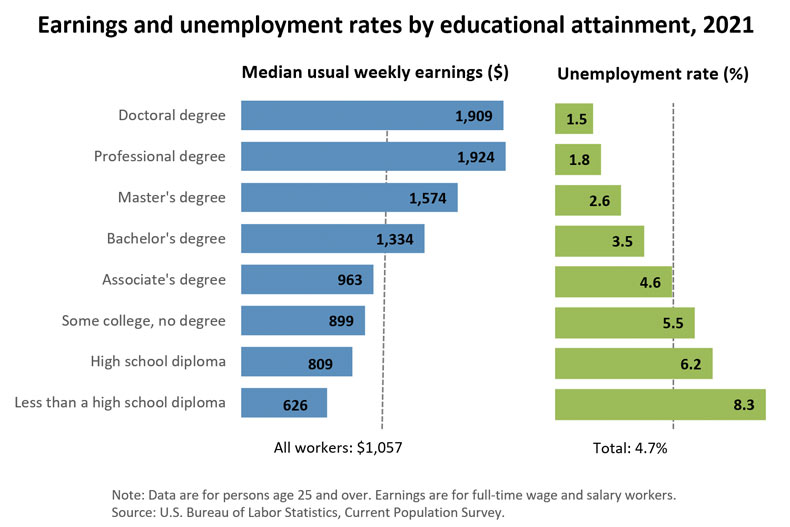
Related Top College Resources













